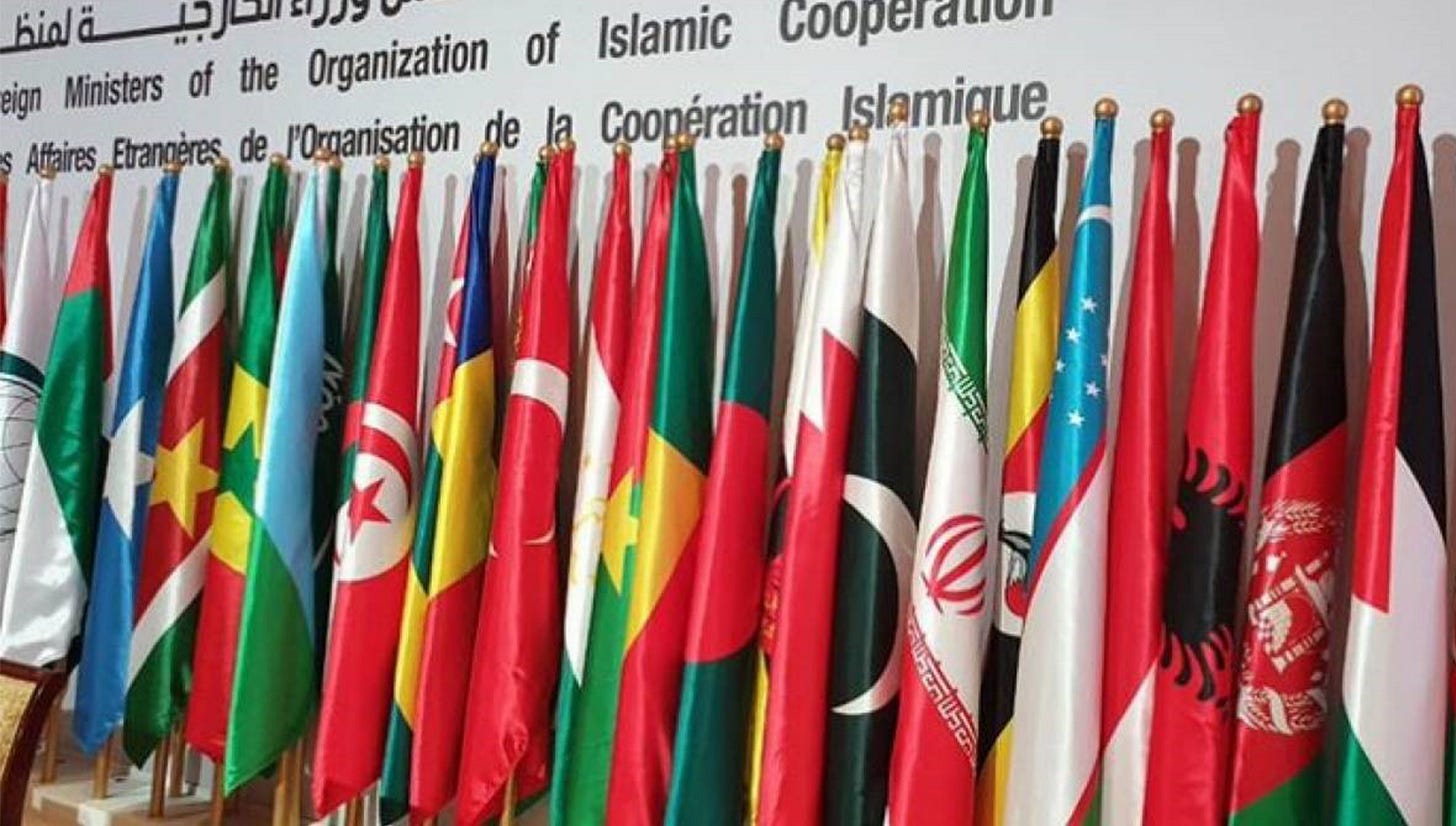The 14th Islamic Foreign Ministers Meeting
The first high-level multilateral summit held in Bangladesh
Between 6 - 11 December 1983, the martial law regime hosted foreign ministers from member states of the Organization of the Islamic Conference (OIC). This was the first high-level multilateral summit in Bangladesh since the country was founded. The venue for the event was the newly-built National Parliament House in Dhaka. The summit focused on the Iran-Iraq War, the Turkish Cypriot question, the Palestinian question, the Soviet occupation of Afghanistan, Chad and Western Sahara.
Bangladesh’s military ruler H. M. Ershad was the host of the summit. As per the summit’s declaration, “The Conference was inaugurated by His Excellency Lieutenant General Hussain Muhammad Ershad, ndc, psc, Chief Martial Law Administrator and President of the Council of Ministers of the People's Republic of Bangladesh”.
Foreign Minister Aminur Rahman Shams-Ud-Doha presided over the conference. Countries in attendance included Algeria, Bahrain, Benin, Cameroon, Chad, Comoros, Guinea, Gabon, Gambia, Indonesia, Iraq, Iran, Jordan, Djibouti, Kuwait, Lebanon, Libya, Malaysia, The Maldives, Mali, Mauritania, Morocco, Niger, Oman, Pakistan, Palestine, Qatar, Saudi Arabia, Senegal, Sierra Leone, Somalia, Sudan, Syria, Tunisia, Turkey, Uganda, United Arab Emirates, the Republic of Upper Volta, the Yemeni Arab Republic, the People's Democratic Republic of Yemen and the Turkish Republic of Northern Cyprus. The Moro National Liberation Front of the Philippines also participated in the conference, along with the UN, Arab League and others.
General Ershad called on OIC states to “act collectively to end the Iran-Iraq war”. He expressed anguish at the breakdown of Muslim unity and the ensuing war between Ayotollah Khomeini’s Iran and Saddam Hussein’s Iraq. Ershad defended Turkish Cypriots, noting that “the Turkish Cypriot community continues to be denied their rightful claim to a bi-zonal federal state” on the island of Cyprus, which in the view of many OIC states necessitated the Turkish invasion in response to a Greek coup. The OIC Secretary-General Habib Al-Chatty called for the withdrawal of Soviet troops from Afghanistan and “the inalienable right of the Afghan people to freely choose its own form of Government”. The Secretary-General praised the ceasefire in Lebanon mediated at the direction of King Fahad of Saudi Arabia. He said peace in the Middle East was impossible “unless the Palestinian people, under the auspices of the Palestine Liberation Organization, were allowed to restore its inalienable rights, including its rights to self-determination, to return to its homeland and to establish its own independent State”. The Secretary-General also condemned apartheid policies in South Africa and expressed solidarity with the people of Namibia.
General Ershad said it was a matter of pride for the city of Dhaka to host the summit. Foreign Minister Doha referred to Bangladesh’s millennium old Islamic heritage and the significance placed on the Dhaka meeting of Muslim leaders representing one fourth of humanity across the world. The summit concluded on 11 December 1983 when Ershad, who was until then the President of the Council of Ministers, assumed the office of President of Bangladesh.
Footnotes




